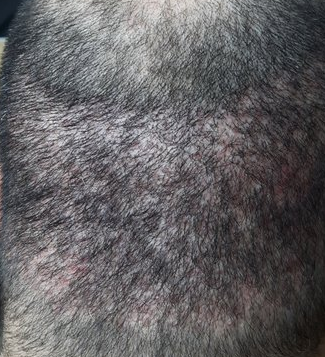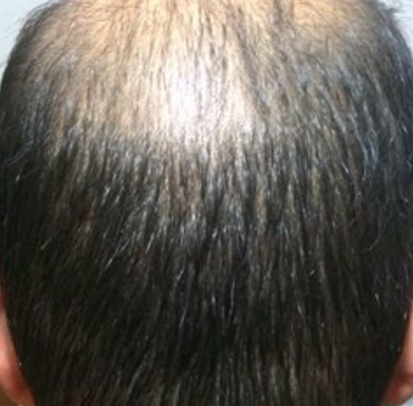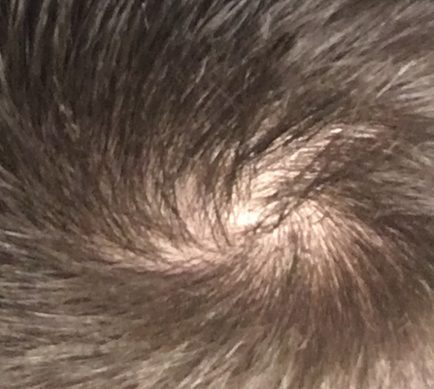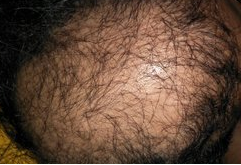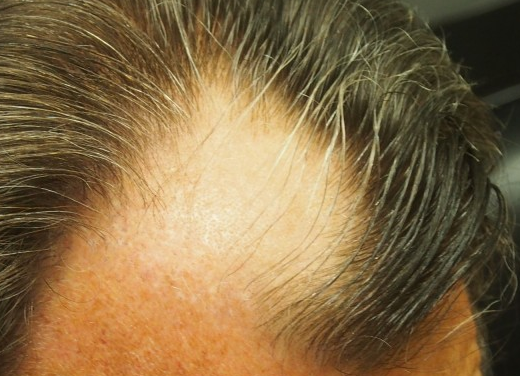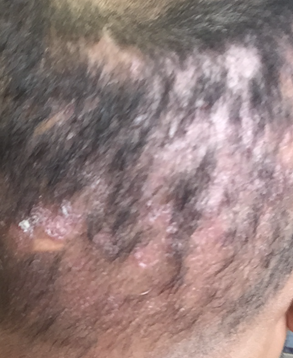Anxiety and Hair Loss
You look in the mirror, and you don’t know how it happened. You comb through your hair after your shower, and several thick hairs fall out, settling within the bristles of your comb. You are experiencing hair loss and going prematurely bald. It’s not necessarily genetic. You have family members who have full bodies of healthy hair, so you don’t know how you ended up with hair loss. You feel like the black sheep of the family and feel less than confident because of your hair loss.
What could be causing your hair loss? While some men who experience premature hair loss, balding and thinning may attribute the causes to genetics, poor diet, illnesses or varying testosterone levels, your hair loss could be due to stress and anxiety. Hair loss can occur from six weeks to three months after you undergo a stressful event in your life, such as financial woes, the death of a loved one, a divorce, a work-related event and more.
If you are prone to panic or anxiety attacks, one of the triggers during an attack could be grabbing your hair. You may not even know that you are doing this, but it could be causing the following types of hair loss, according to The Calm Clinic:
- Trichotillomania: When you pull out hairs because of stress and anxiety; this is a habitual action.
- Alopecia Areata: You lose larger clumps of hair around your scalp.
- Telogen Effluvium: More hairs that normal fall out because your body is telling more hairs to fall out (the usual growth cycle is two years, and hairs fall out two months after that). Your hair is weaker than normal.
Your anxiety is usually severe if you experience hair loss, but that isn’t always the case. So, how can you combat hair loss when you have anxiety, depression or another mental health disorder? Get help to manage your mental health condition as best as you can. Talk with a mental health professional near you and read advice columns on BetterHelp. Licensed professionals on BetterHelp can also aid you as you try to find solutions to your hair loss caused by anxiety, as well as other issues.
In addition, some other ways to reduce your overall anxiety and hair loss, thinning and balding could be the following: meditation, belly laughing, connecting with those you love, exercising, eating a balanced diet, playing your favorite types of music and more. Just talking about what stresses you out could help you immensely and prevent one of the three types of anxiety-related forms of hair loss. Do what relaxes you and helps to reduce anxiety; thus, this could help you curb hair loss.
If you attempt to reduce your stressors, then your hair could come back. If you would like to supplement your hair loss, consider taking a hair growth supplement, using a scalp serum or getting a hair transplant to boost your self confidence and decrease your anxiety levels.
Marie Miguel (mariemiguel830@gmail.com)

